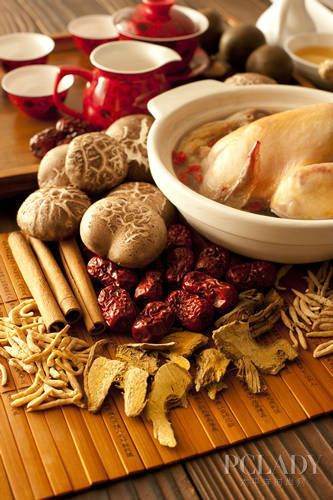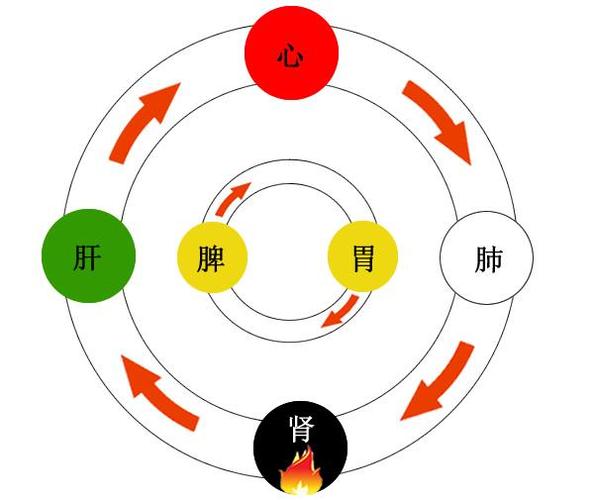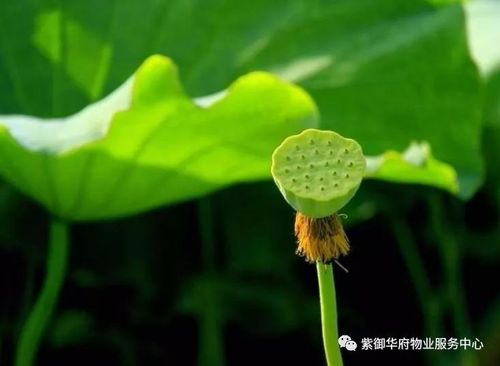Qi
Qi, or vital energy, is the fundamental force that sustains life in Traditional Chinese Medicine (TCM). It is believed to flow through channels, or meridians, throughout the body, nourishing and regulating various organs and systems. When Qi is balanced and flowing freely, the body can maintain a state of optimal health and vitality. However, when Qi becomes stagnant or imbalanced, it can lead to a variety of health issues, ranging from physical discomfort to emotional disturbances.
Blood
Blood, on the other hand, is the vital fluid that carries nutrients, oxygen, and other essential components throughout the body. In TCM, blood is closely linked to Qi, as it is believed to be nourished and sustained by the flow of Qi. When blood is deficient or imbalanced, it can result in a range of symptoms, such as fatigue, pale complexion, and irregular menstrual cycles.
Harmonizing Qi and Blood
The harmonization of Qi and blood is a fundamental principle in TCM, as it is believed to be the key to achieving overall well-being. When Qi and blood are in balance, the body can function optimally, with each system and organ working in harmony. This harmony can be achieved through a variety of practices, including:
1.
Dietary Modifications

The foods we consume can have a significant impact on the balance of Qi and blood. In TCM, certain foods are believed to have specific properties that can help to nourish and regulate Qi and blood. For example, foods like ginger, garlic, and dark leafy greens are often recommended to help improve Qi and blood circulation.
2.
Herbal Remedies
TCM practitioners may prescribe specific herbal formulas to help address imbalances in Qi and blood. These formulas may include a combination of herbs that work synergistically to restore harmony and promote overall well-being.

3.
Acupuncture and Moxibustion
Acupuncture, a key component of TCM, involves the insertion of thin needles into specific points on the body to stimulate the flow of Qi and blood. Moxibustion, a therapeutic technique that involves the burning of a herb called moxa, can also be used to warm and invigorate the body's Qi and blood.
4.
Lifestyle Modifications

In addition to dietary and herbal interventions, lifestyle factors such as exercise, stress management, and adequate rest can also play a crucial role in harmonizing Qi and blood. Regular physical activity can help to improve blood circulation and promote the flow of Qi, while stress reduction techniques like meditation and deep breathing can help to alleviate Qi stagnation.
By incorporating these various practices into a holistic approach to wellness, individuals can work towards achieving a state of balance and harmony between Qi and blood, thereby supporting overall health and well-being.
版权声明
本文仅代表作者观点,不代表成都休闲网立场。
本文系作者授权发表,未经许可,不得转载。































